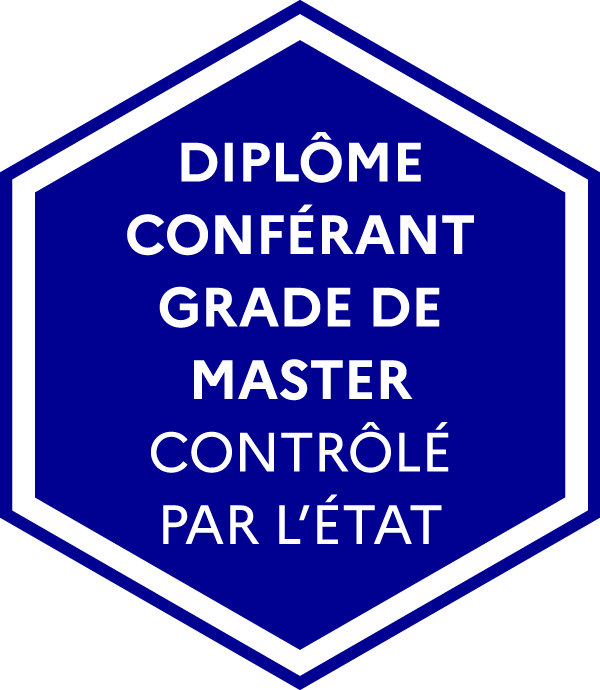
Informations générales
Number of hours
- Lectures 24.0
- Projects ?
- Tutorials ?
- Internship ?
- Laboratory works 24.0
- Written tests ?
ECTSECTS
3.0
Goal(s)
Compare and contrast communication styles between cultures such as African American, Latino, Indian, Middle Eastern, Native American, and Asian.
- Explain how cultural differences affect business and the workplace.
- Identify and explain the five dimensions of intercultural communication.
- Identify primary differences in communication practices of different cultures.
- Identify the benefits and challenges of intercultural relationships.
- Analyze the constraints on communication and relationships among people of different cultures.
- Articulate a set of strategies for the development of intercultural communication competence.
Content(s)
We live in an increasingly globalized world. This course is designed to help you identify how to become a better communicator in cross-cultural situations.
Knowing how to navigate cultural differences is an increasingly valuable skill that will make you a more valuable employee.
This course is designed to help you identify how to become a better communicator in these sorts of cross-cultural situations.
You will also learn more about your own communication style and how it can be developed to facilitate more successful intercultural encounters.
Together we will determine cultural perspectives. Much of the course focuses on characteristics of specific cultures and how generally one culture may adapt to another, regardless of which cultures they may be. While some information is presented from a Western perspective, the information in this course can be applied to other cultures. You should consider how your culture fits in terms of interacting with other cultures learned about in this course.
Much of the information in this course will refer back to the pioneering work of Hofstede and his cultural classifications and Dr. Fons Trompenaars. Geert Hofstede is one of the foremost influential scholars in the discipline of cultural studies, particularly organizational culture. His pioneering work, such as the cultural dimensions theory, has been the basis for subsequent research and the growth of the field and understanding of how members of differing cultures interact.
We will work on knowledge management therefore effectively using and distributing the knowledge obtained from this course. We will work in small groups as well as full classroom work. There will be several same exams and one large project.
Prerequisites
English B2 level
Test
Semester 7 - The exam is given in english only 
Presentations
Project management
written reports
N1 = CC+Examen 30%
N2 =
Additional Information
Semester 7 - This course is given in english only 
French State controlled diploma conferring a Master's degree

Common Core presentation
Programme courses S5
Programme courses S6
Supply Chain Management
Programme presentation
Programme courses S7
Programme courses S8
Programme courses S9
Programme courses S10
Product Design
Programme presentation
Programme courses S7
Programme courses S8
Programme courses S9
Programme courses S10
Contacts
Academic staff
- Head of studies:
Pierre Lemaire - Head of 1st Year Program:
Abdourahim Sylla - Head of Supply Chain Management Program:
Irène Gannaz - Head of Product design Program:
Yann Ledoux
Registrar's office
- Head of Registrar's office:
genie-industriel.scolarite@grenoble-inp.fr - Secretary's office 1st Year:
Valérie Demicheli - Secretary's office 2nd Year:
Sylvie Malandrino - Secretary's office 3rd Year:
Vincente Odier - International relations department:
Nadia Dehemchi


